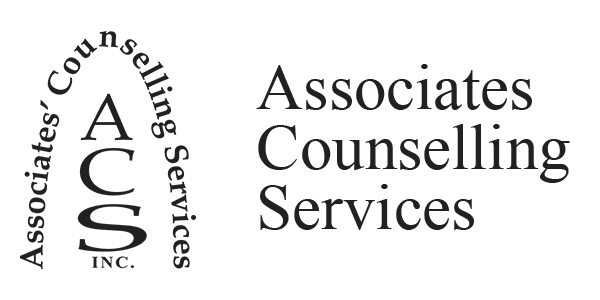Anxiety, Depression, Stress
Anxiety/Panic
While a certain amount of anxiety is normal for everyone, we seem to live in a particularly anxious time. Anxiety, and/or panic, is now the most common mental health concern in Canada. For most of us, we are normally able to keep our anxiety and worries from becoming too great, however, there can be times in our lives when our anxiety starts to interfere with our lives and/or work. We seem unable to control our anxiety, worries, and/or sensations of panic. While medications can be used to help control anxiety, they are often a short-term solution at best. Counselling, on the other hand, has been found to be very effective for the treatment of anxiety and/or panic sensations, and can help to prevent anxiety and/or panic attacks from recurring after successful treatment.
Our experienced counsellors can help you manage your anxiety symptoms, both when the early warning signs appear, and when the anxiety becomes ongoing and limits you from engaging in everyday life.
Depression
There are a variety of theories of how depression is caused. Regardless of how depression is caused, research indicates that counselling is a very effective treatment for depression. In particular, counselling has been shown to be just as effective as antidepressants for most cases of depression — with far fewer side-effects, and less risk of depression recurring after it has been treated.
Self-Esteem and Confidence
Thankfully, we can learn how to accept ourselves as we are and adjust maladaptive patterns of thinking that no longer serve us. We improve our self- esteem by taking action over the thoughts and beliefs that contribute to a negative self-image. In so doing, we can face the world with greater confidence than ever before.
Food and Body Image
Here at ACS, we have skilled counsellors who work from a client-centered perspective to help individuals struggling with challenges related to body image or disordered eating. Treatment approaches are offered in coordination with other health care professionals (e.g., physicians, nutritionists, etc.).
Family of Origin
If you come from a painful and stressful upbringing, you can transcend and overcome difficult and maladaptive behaviors. Our ACS counsellors can guide and support you in rewriting your family script. By breaking the cycle you will learn to set boundaries and engage in healthy patterns grounded in love and respect.
Life Transitions
Sometimes a number of life changes coincide. The more we have to face at once, the more we have to stretch our health, our emotions, and our finances to address each need. Sometimes life is simply too complex or overwhelming for us to handle on our own. In these cases, it is a good idea to seek the assistance of a professional counsellor. A trained counsellor can help you face changes and assist you through the transition process.
Workplace Violence or Harassment / Bullying
It can come from anyone, be directed at anyone, be deliberate or unintentional, subtle or overt, a single occurrence or a repetitive situation. It can be an abuse of authority, and involve relationships between co-workers, or affiliated personnel. The emotional effects can include anger, anxiety, depression, and Post-Traumatic Stress Disorder.
The counsellors at Associates can offer support and guidance around the effects of what can be a stressful and often traumatic experience.
Counsellors with this Specialty
We are proud to offer a diverse and experienced team of counsellors. Whether you require the services of a psychologist or social worker, we have someone ready to help.
Request Information








